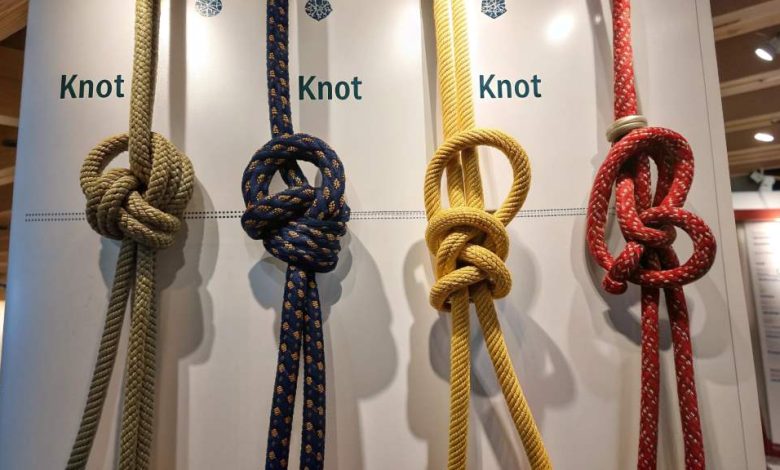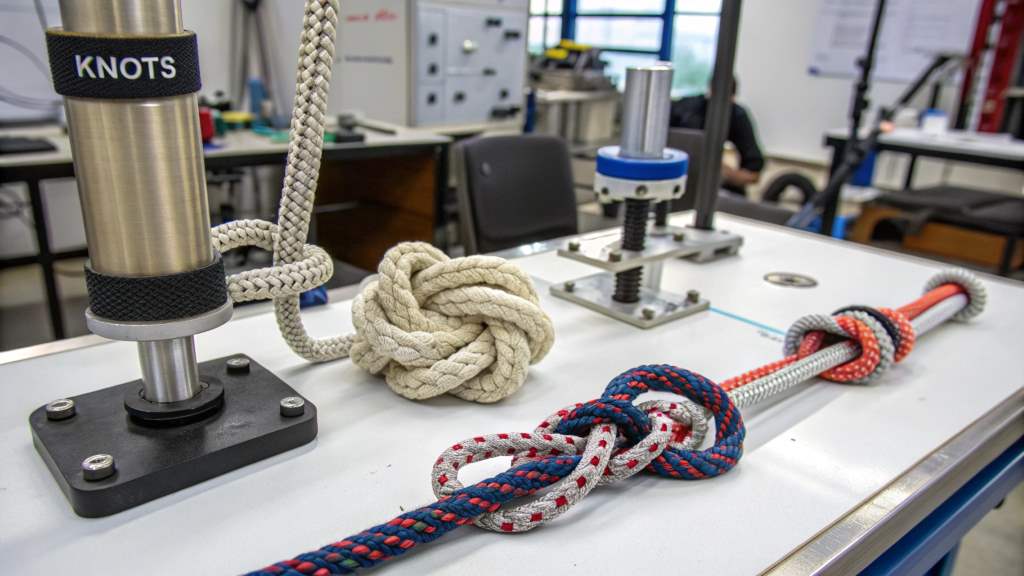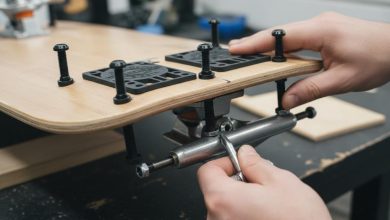What Are the Biomechanical Principles Behind the Strength of Different Knots?

Knots, often considered simple tools of utility, possess fascinating biomechanical principles that determine their strength, stability, and application. From sailors navigating tumultuous seas to climbers scaling challenging heights, understanding the physics of knots ensures safety and efficiency. This article delves into the science behind the strength of different knots, exploring their structural integrity and practical applications. Explore Yifarope for high-quality ropes designed for maximum knot performance.
Understanding the Core Biomechanical Principles Behind Knots
Knots rely on the interplay of physics and material science to secure or bear loads effectively. Three foundational principles govern their strength:
- Friction and Tension: The primary force keeping a knot intact is friction between the rope’s strands. Tension pulls the knot tighter as the load increases, enhancing grip.
- Load Distribution: A well-designed knot distributes stress evenly, minimizing weak points and preventing the rope from breaking under pressure.
- Material and Elasticity: The type of rope material, its elasticity, and diameter play pivotal roles in knot performance.
These principles combine to create knots capable of withstanding varying degrees of load, wear, and environmental factors.
The Role of Biomechanics in Practical Applications

Knots aren’t just about aesthetics or utility—they’re about survival and precision. From constructing shelter to maritime operations, their real-world applications depend on an intricate understanding of biomechanics.
Tent String Tensioners and Knot Strength
When setting up tents, precision in knot strength is crucial. Modern tools like tent string tensioners are designed to optimize rope tension, reducing the strain on knots while maintaining stability. This reduces the risk of knot failure due to improper tension distribution, particularly in adverse weather conditions.
Using tensioners with the right knots—such as the bowline for loops or the taut-line hitch for adjustable tension—ensures reliable setup without compromising rope integrity.
How Knot Structure Affects Strength
A knot’s structure significantly influences its ability to bear load and resist deformation. Some knots, like the square knot, are simple and ideal for non-critical tasks, while others, like the figure-eight follow-through, are designed for high-load scenarios.
- Simple Knots: Offer ease of tying but are less effective in maintaining strength.
- Complex Knots: Provide greater security by interweaving strands to improve friction and stress distribution.
- Dynamic Knots: Allow adjustability and absorb shock, making them ideal for climbing and rescue operations.
The efficiency of a knot—its ability to retain the original strength of the rope—is a crucial measure of its utility. Do you know Are Weighted Jump Ropes Better?
The Physics of Knot Weakness
Every knot weakens a rope to some extent, often by 20-40%, due to bending and stress concentrations. This phenomenon, known as “knot efficiency,” is why proper selection of knots is vital for critical tasks.
- Sharp Bends: Concentrate stress at points, reducing rope strength.
- Slippage: Occurs when knots lack sufficient friction, leading to failure.
- Cyclic Loading: Repeated tension and relaxation can cause a knot to wear and degrade over time.
Material Science and Knot Performance
The choice of rope material directly impacts how knots perform under load. Synthetic ropes, such as nylon or polyester, often exhibit higher strength and durability compared to natural fibers like hemp.
- Nylon Ropes: Highly elastic and strong, suitable for dynamic loads.
- Polyester Ropes: Low stretch, ideal for maintaining tension over time.
- Natural Fiber Ropes: Eco-friendly but less durable and prone to rot.
Understanding the compatibility of knots with specific materials ensures better performance and longevity.
Testing the Limits: Real-World Applications of Knot Biomechanics
From rock climbing to search-and-rescue missions, biomechanical principles guide knot usage for optimal safety. Each application demands tailored solutions:
- Mountaineering: Knots like the clove hitch secure climbers while ensuring adjustability.
- Sailing: The sheet bend effectively joins ropes of different diameters.
- Camping: Adjustable knots, such as the trucker’s hitch, simplify load adjustments.
FAQs
Why do knots weaken ropes?
Knots weaken ropes due to bending and stress concentration, reducing their overall strength by 20-40%.
What makes a knot strong?
A strong knot evenly distributes load, maximizes friction between strands, and minimizes sharp bends.
Which knot is best for high-load tasks?
The figure-eight follow-through knot is highly reliable for high-load tasks, especially in climbing and rescue operations.
How do tent string tensioners improve knot performance?
Tent string tensioners optimize rope tension, reducing strain on knots and enhancing stability.
What is the efficiency of a knot?
Knot efficiency refers to how much of the rope’s original strength is retained after tying the knot.
Do rope materials affect knot strength?
Yes, materials like nylon and polyester offer higher strength and durability compared to natural fibers.
Conclusion
The biomechanical principles behind the strength of different knots reveal their critical role in diverse applications, from camping to lifesaving missions. Understanding how friction, tension, and material science contribute to knot performance enables safer and more efficient practices.




